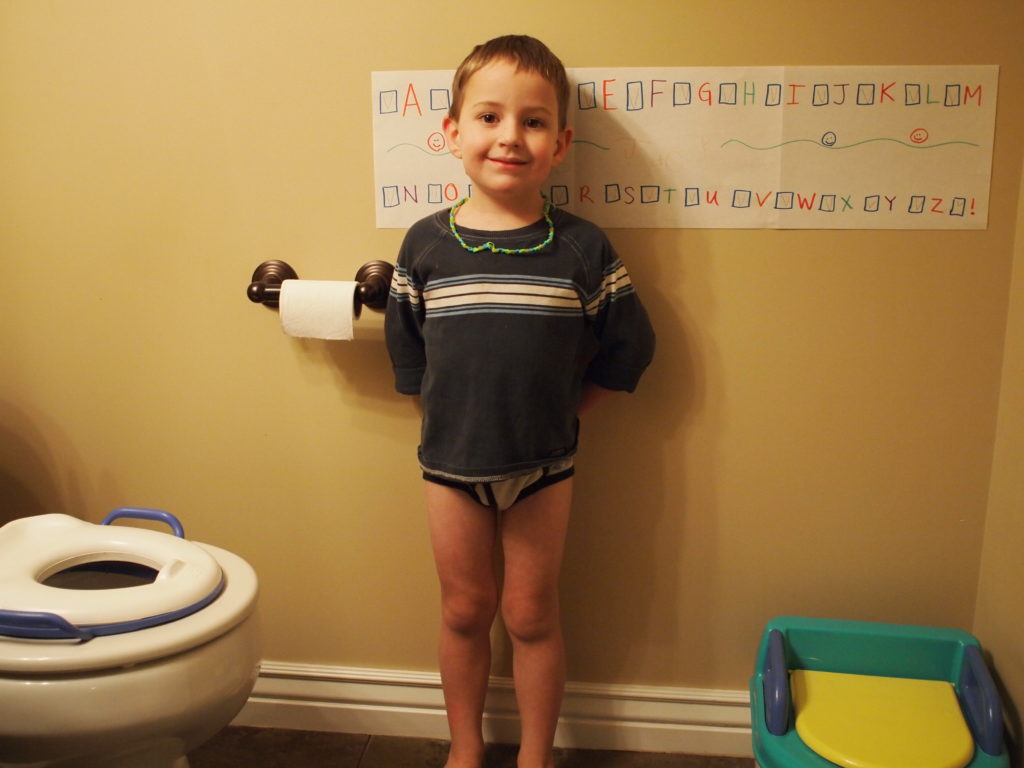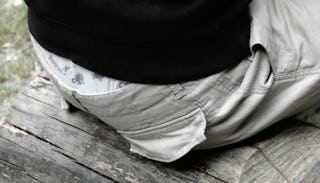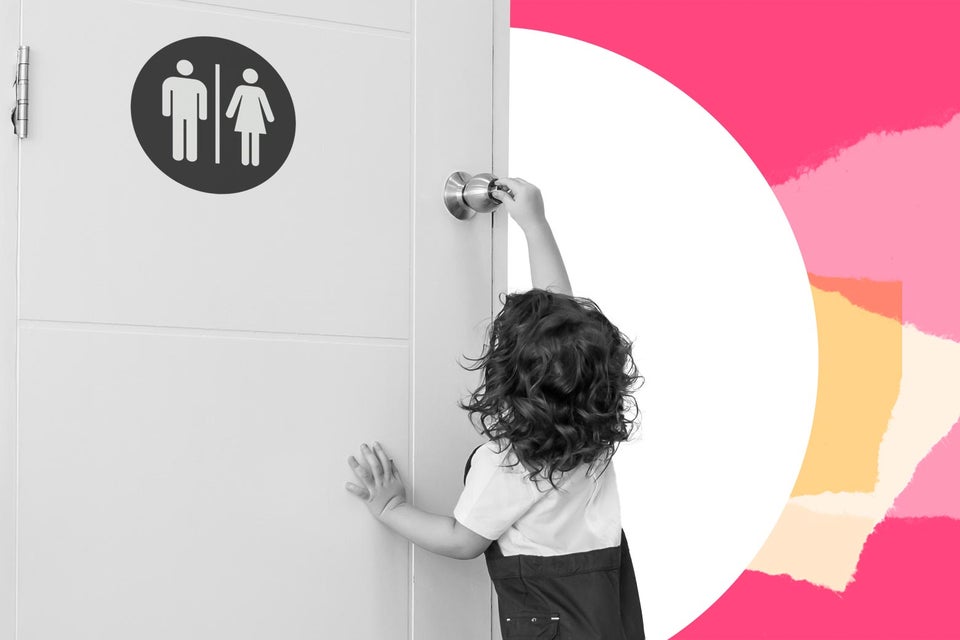
Can a Child Go to Kindergarten Not Potty Trained?
It’s a common question that parents ask as their children approach school age: is it okay if my child is not potty trained when they start kindergarten? The answer is a bit more nuanced than a simple yes or no. In this article, we’ll explore the topic in detail, providing comprehensive information and expert advice.
While every child develops at their own pace, most children are expected to be potty trained by the time they start kindergarten. This is because being able to use the bathroom independently is an important part of a child’s overall development and readiness for school. However, there are some exceptions to this rule.
Kindergarten Readiness
In general, children are considered kindergarten-ready if they can:
- Follow simple directions
- Use the bathroom independently
- Interact appropriately with other children
- Show interest in learning
If your child is not fully potty trained but is otherwise showing signs of kindergarten readiness, you may want to talk to your child’s doctor or teacher about whether or not they are ready for school. In some cases, children may be allowed to start kindergarten even if they are not fully potty trained, as long as they are making progress and have a plan in place for success.
Tips for Potty Training a Preschooler
If your child is not yet potty trained and you are concerned about their readiness for kindergarten, there are some things you can do to help them along. First, it is important to be patient and consistent. Potty training can take time, and it is important to avoid getting discouraged. Here are a few tips:
- Start by talking to your child about potty training. Explain to them why it is important to use the toilet and what they need to do.
- Set up a regular potty time. Take your child to the potty at the same time each day, even if they don’t go. This will help them to get used to the idea of using the toilet.
- Praise your child every time they use the potty successfully. This will help them to feel proud of their accomplishment and make them more likely to want to do it again.
- Be patient and don’t give up if your child has accidents. Accidents are a normal part of potty training. Just clean up the mess and try again.
Expert Advice
In addition to the tips above, there are a few other things you can do to help your child succeed with potty training. Here is some expert advice:
- Make sure your child is physically ready for potty training. Most children are not ready to start potty training until they are at least 2 years old.
- Choose a time to start potty training when you have a few days of free time. This will give you and your child time to focus on potty training without any distractions.
- Be consistent with your potty training routine. Take your child to the potty at the same time each day, even if they don’t go.
- Praise your child every time they use the potty successfully. This will help them to feel proud of their accomplishment and make them more likely to want to do it again.
- Don’t get discouraged if your child has accidents. Accidents are a normal part of potty training. Just clean up the mess and try again.
FAQs
**Q: What are the benefits of potty training my child before they start kindergarten?**
**A:** There are many benefits to potty training your child before they start kindergarten, including:
- It helps them to feel more independent and grown-up.
- It makes it easier for them to participate in activities at school, such as recess and field trips.
- It reduces the risk of accidents, which can help to keep your child’s clothes and bedding clean.
**Q: What are the signs that my child is ready for potty training?**
**A:** There are several signs that your child may be ready for potty training, including:
- They can stay dry for longer periods of time.
- They tell you when they need to go to the bathroom.
- They show interest in using the potty.
- They can pull their pants up and down by themselves.
**Q: How long does it usually take to potty train a child?**
**A:** Potty training can take anywhere from a few days to a few months. It depends on the individual child. Be patient and consistent with your potty training routine, and your child will eventually be successful.
Conclusion
Whether or not a child is ready for kindergarten without being potty trained is a decision that should be made on a case-by-case basis. If you are concerned about your child’s readiness, talk to your child’s doctor or teacher. With a little patience and consistency, most children can be potty trained before they start kindergarten.
Are you interested in learning more about potty training?

Image: www.scarymommy.com

Image: slate.com
Potty Training Tips for Parents 2. When I worked in daycares throughout high school and college, the reason preschoolers (older preschool – age 4) had to be potty trained was because the teachers were not allowed to wipe them